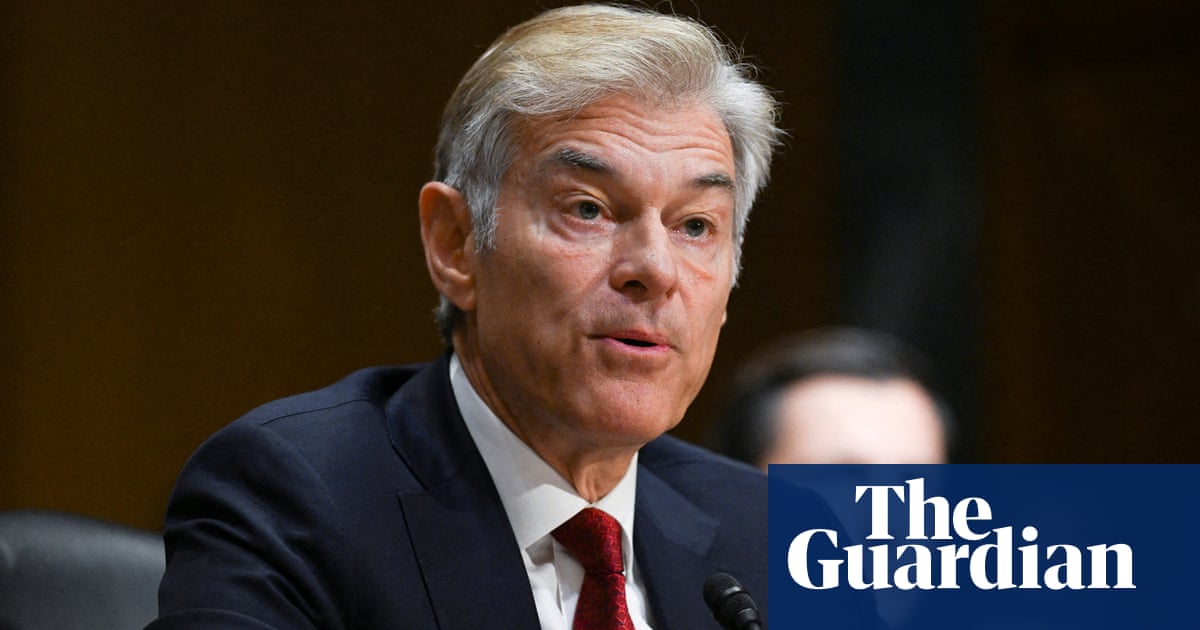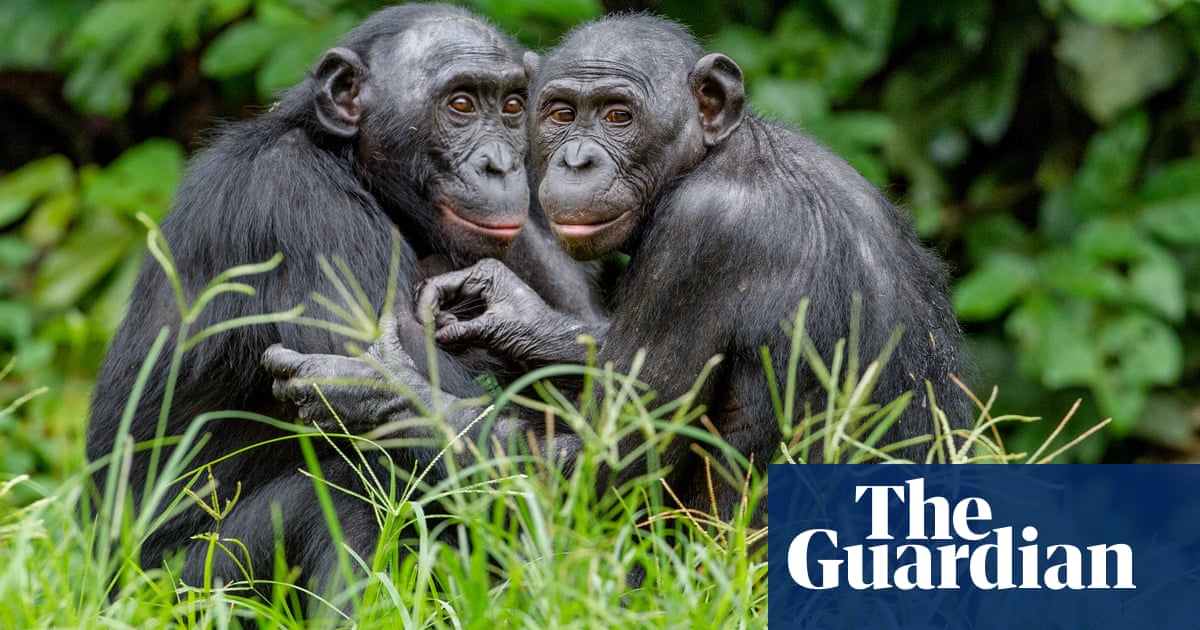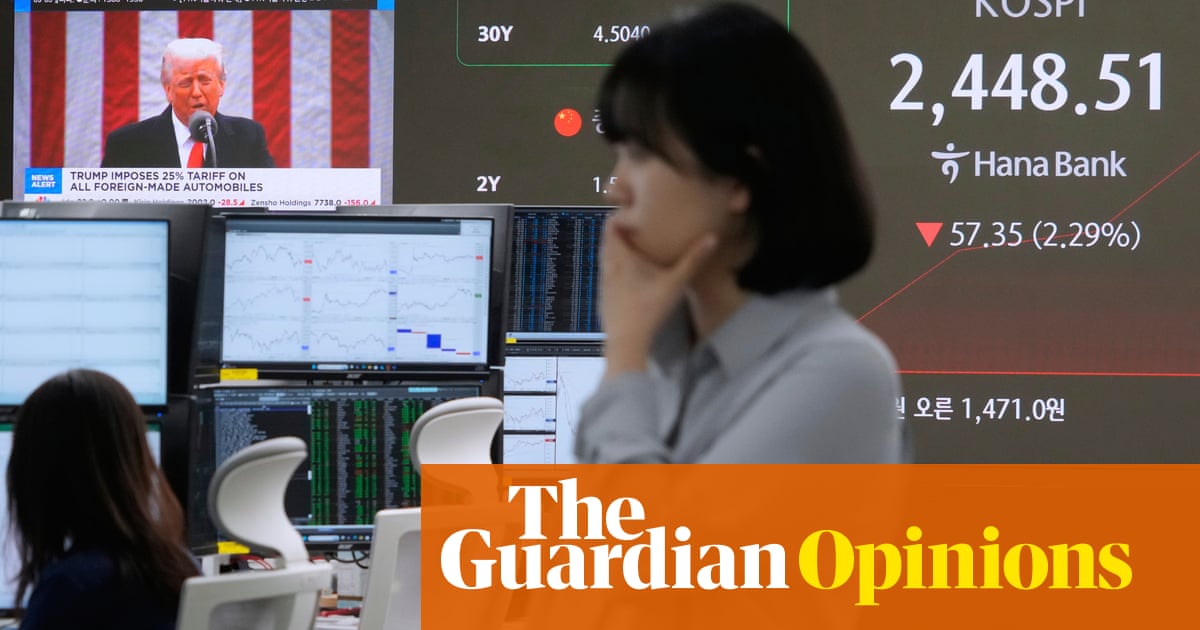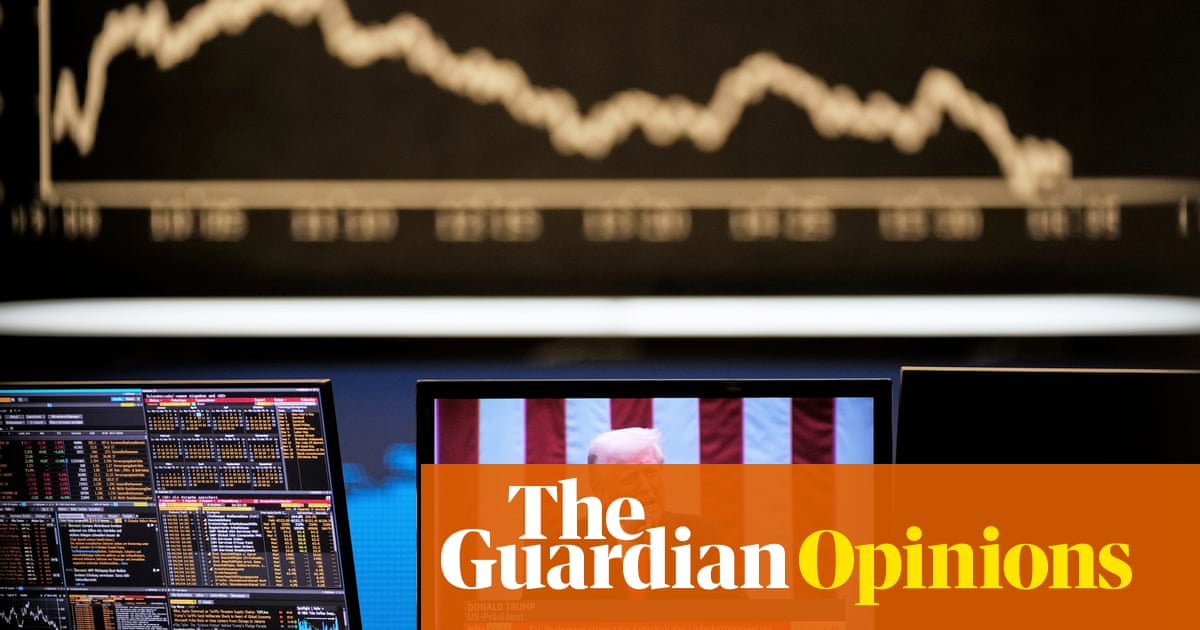Prince Andrew should be commended for doing Britain a great service according to longstanding China watcher, Charles Parton. The now marginalised royal has, the analyst observed, “almost single handedly” succeeded “in highlighting the threat to free and open countries” posed by the contemporary Chinese state.
The story of Sino-British has developed rapidly of late, turning 180 degrees in less than a decade.
Nine years ago, David Cameron took China’s president Xi Jinping for a pint in a Buckinghamshire pub during a state visit. China, under Cameron’s premiership, was to be allowed to build nuclear plants in the UK, first through a minority investment in the site Hinkley Point in Somerset – and, eventually, it was hoped China would develop a majority owned site in Bradwell, Essex. The latter development, however, would never take place – while China has stopped funding Hinkley Point.
Meanwhile, an unrelenting cyberwar was continuing, where Chinese hackers were trying to steal company secrets. Three and a half years ago, MI5 was gingerly warning people to be wary of people using fake LinkedIn profiles, posing as recruiters, to try to fool people into spilling valuable commercial information as part of what they thought was a recruitment process. Yet even then, though the campaign was coming from China, MI5 was too coy to name the country involved.
Since then, however, there have been a rash of espionage cases, reflecting an increase in ambition. Leftwing Labour MP Barry Gardiner may not have much in common with Andrew, but a lawyer who donated over half a million to his office, Christine Lee, was named by MI5 as subject of an official “interference alert” on behalf of the United Front Work Department (UFWD) of the Chinese Communist party. She denies the claim and has brought action against MI5, claiming the alert was politically motivated by the Conservatives.
A former parliamentary researcher, Christopher Cash, who worked with Conservative MPs Alicia Kearns and Tom Tugendhat, is one of two men who was charged in April with spying in breach of the Official Secrets Act. They deny the charges and face a trial next year. A month later, a Hong Kong trade official and a Border Force officer were charged with conducting surveillance and harassment of pro-democracy activists in the UK, unlawfully assisting the Hong Kong intelligence service. Earlier this month they pleaded not guilty to the charge.
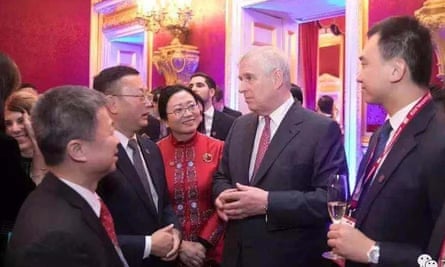
During this time, the case of H6 – Chinese businessman Yang Tengbo – was developing in the background. Yang had built a business advising UK companies operating in China and ended up in the orbit of the prince, increasingly out of favour at the end of the decade amid questions about his friendship with sex offender Jeffrey Epstein. As he did so, he began to attract the attention of the British state, first with his digital devices being seized in November 2021 and in March 2023 being told by then home secretary Suella Braverman that he would be excluded from the UK, his previous cancelled, because it was “conducive to the public good”.
The case against Tengbo is being an agent of the Chinese state, though the businessman denies this. It is not that he would have learned state secrets from an increasingly marginalised and desperate member of the royal family, but rather that by being associated with the prince he would be “in a position to generate relationships” that “could be leveraged for political interference purposes,” according to the judgment of the immigration tribunal that upheld Braverman’s exclusion decision last week.
Improper influence is not spying of the conventional kind, and that is partly why it has been historically difficult to prosecute. Lobbying and indeed friendships are perfectly legitimate, though the UK argument, according to the judgment, is that Tengbo “at times” sought to obscure his true links with the Chinese Communist party and United Front Work Department.
But the key question posed by Tengbo’s case is both simpler and more profound.
Britain’s spy agencies believe that China under Xi Jinping has long term hegemonic ambitions, a desire to assert dominance over the west. Connections curated by Beijing, however innocent, could have the potential to be leveraged against the UK if Britain was ever in conflict with China, perhaps over Taiwan. The growing number of incidents being played out in courts and tribunals indicate a political relationship that is deteriorating, increasingly characterised by mistrust.

 3 months ago
58
3 months ago
58

